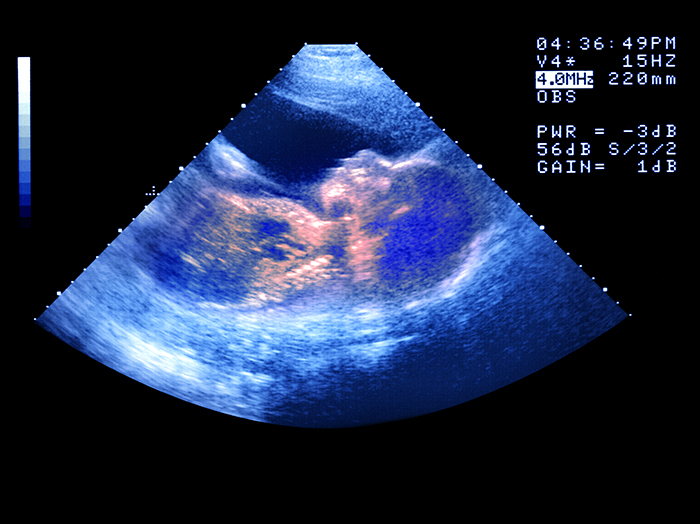For many couples, their most fervent wish is to become parents. But, for many women, the path to pregnancy isn’t always easy. One of those women was Mia Mance. She and her husband Chad struggled to conceive for nearly two years. The couple, who live in Savannah, had already completed an unsuccessful cycle of in-vitro fertilization (IVF) when they found Jennifer Kawwass, MD, medical director of the Emory Reproductive Center (ERC).
“My husband was really interested in exploring all our options when it came to IVF,” explains Mia. “I was hesitant and ready to try a second round of IVF with our current doctor. But, we decided to meet with Dr. Kawwass for a second opinion.”
After that initial consultation, Mia and Chad were ready and eager to start an IVF cycle with Dr. Kawwass.
“I had a lot of unique factors I was bringing to the table,” Mia shares. “I’m a multicultural woman in her 40s. We had a binder full of questions and concerns. Dr. Kawwass addressed every single one of them. I really felt that, in just our first meeting, she really understood our goals and knew exactly what she was talking about.”
“We left that appointment feeling like we were all in this together and that Dr. Kawwass would have our back at every stage,” she finishes.
Most of Mia’s treatment was similar to any IVF patient: Close communication with her care team, daily injectable medication, and regular ultrasounds and bloodwork to monitor the development of ovarian follicles which would eventually produce mature eggs for retrieval and subsequent fertilization and embryo transfer.
There was one key difference in Mia’s care: She was doing this all based nearly 250 miles away in Savannah. Much of her interaction with her team at Emory would be via telehealth and through online communication.
“Fertility consultations are particularly well-suited to the incorporation of telehealth and video conferencing as there are many situations in which the bulk of the appointment is focused on discussing prior results and developing a treatment plan,” explains Dr. Kawwass. “The incorporation of telemedicine has helped us expand access to fertility services at Emory and will hopefully remain part of our care even after the pandemic is over.”




